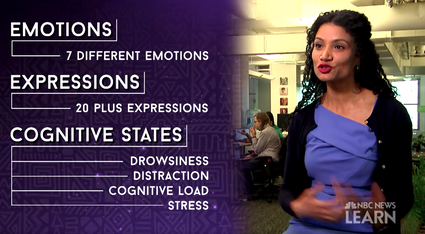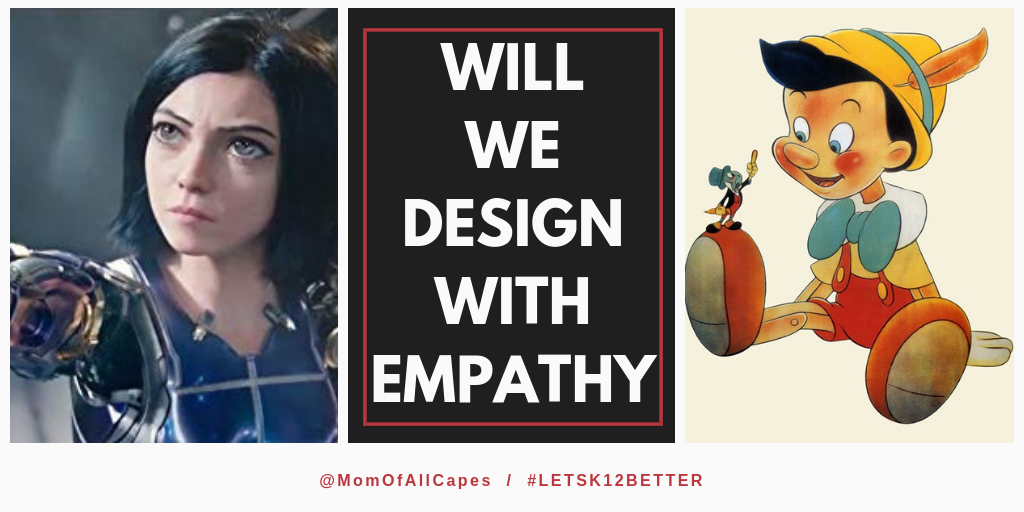|
SPOILERS WARNING: Just FYI, I’m assuming you watched the movie or read the Manga. I don’t give away the entire movie. What I say can pretty much be found online if you do a general search, so read at your own risk.
I’ve been thinking a lot about the role that cyborgs and artificial intelligence (AI) will play in our lives in the decades and even millennia ahead. One question I regularly grapple with: Why are we so obsessed with creating better AI and robots and not raising better people? Have we given up on ourselves? A quick glance at the trajectory of humanity, would beg for the greatest minds to start solving the emotional intelligence questions about human development than figure out how to make our lives more convenient. Kindness is convenient and it is not in abundant supply.
When most sci-fi movies show us that it doesn’t end well when humanity goes up against their superior creation, it seems most certain that we are driving innovation off a proverbial cliff. How can we reinforce lessons on empathy in humans and remind those building our future overlords, that empathy, emotional intelligence, and kindness must be major qualities in the coding? We build technologies based on our own interpretation of experience. We recreate what we know. We mirror the ideal human experience in our devices even when we do not intend to. Most of my concerns about the direction of AI and robotics, stem from the fear of the inevitable lack of representation by all of humanity as we dive deeper into an artificial world. Who will be left behind? Who will be silenced? Who will go extinct? Much of the AI world is championed by male developers with white male cultural perspectives. What is missing from their conversations as we build AI and other technological advancements? Can we trust others to build for us if they are not building with us? What inclusive practices can we adopt to ensure that as we build our future, we’re building it together? When I hear men get excited about AI and robotics, at the exclusion of many of the characteristics that make humanity so wonderful- things like empathy, love, emotional intelligence- I begin mashing the alarm button. If we are creating tools to improve human life we need our tools to enhance the “human” in some capacity beyond convenience or domination. Once AI becomes sentient (and it will or arguably it already is sentient in the nature of its existence) what will prevent it from destroying the place? Logic, power, and intelligence alone are not a saving grace. What will prevent your AI medicine dispenser from not over medicating you in the name of efficiency? In the name of efficiency, isn’t it efficient to not have to administer medicine in the first place?
This got me thinking about Alita- the battlebot with a big heart. Alita is a 300 year old cybernetic organism (cyborg) found in a trash heap by Dr. Ido, a fallen cybernetics physician, who uses his dead daughter’s shell to bring Alita back to life. The beginning of the movie is a bit wondrous and sketchy as we watch Dr. Ido heal from the wounds of his dead daughter through the reanimation of her body in Alita (he even gives Alita his daughter’s name). As the movie unfolds and Alita is rejoined with her real shell (found in a crash site), I couldn’t help but note how much her sexuality was undoubtedly in play. So much so that my own daughter noted, “Mom, it seems like this is what men really want. Strong women, that can’t have babies but can chase after them, make them happy, and give them their hearts and undying devotion”. My daughter’s words, not mine. So what’s our end game? Why are we creating artificial intelligence and building cyborgs in the first place? We have real human relationships that we continually fail to cultivate? Are we building these new technologies to please us? Replace us? Enhance us? To serve us - slavery never ends well for the enslaved or those enslaving? Unlike Ava in Ex Machina (who killed her creator and released herself in a vengeful manner onto the world), Alita is compassionate and loving, while being extremely powerful and driven to protect those she loves. It is her righteousness and child-like wonder that leaves us with a reassuring feeling that she isn’t here to destroy anyone but Nova and those that do harm. But why tho? What is preventing her from doing anything else?
I once mentioned to a group of friends that as we build AI and robots, we need to train them as if we are raising children. When you raise a child you’re teaching them how to thrive in a world with others. When you raise a child, the hope is that your child will become a contributing member of society at large to help improve that society and not destroy it.
As the animated Pinocchio goes on a wild adventure of finding out what it means to be a “real boy” he begins to flirt with the less desirable side of human choice and consequence, up until his Jonah and the Whale moment when he learns that a gut check and the external failsafe in Jiminy Cricket could be what prevents his demise. Just FYI, in the original tale, Pinocchio kills Jiminy Cricket, so let that sit with you for a while. Are our current developers going to succeed where Geppetto failed? As we build cyborgs and AI, is a “Jiminy Cricket” failsafe- a conscience, an empathy filter- part of the programming? 
Maybe there’s hope! In my search for a global perspective and the need for a multitude of voices at the precipice of human annihilation, I found Taniya Mitra teaching emotional intelligence to AI. She and her team at AFFECTIVA focus on teaching machines to recognize human emotions in an effort to eliminate frustrations from our engagements and to replace them with empathy and trust. Imagine a machine or device that can pivot to find a new solution to what ails us after multiple attempts at service or teaching us something. Her team’s “Emotion AI” uses voice cues and can track a face all the way to 90° recognizing emotions, expressions, and cognitive states. Their goal is for their work to enable devices like cars, educational tools, and more to be equipped with emotional intelligence and respond in real time.
This is not an anti-innovation rant. These are questions and experiences for all of us to ponder. As we enter a world where convenience is the number one goal for technology, could we push our developers to dig deeper? Is conveniences and efficiency the only thing that we can develop? Often what is most “convenient” is often eliminating the ask in the first place, which if we think about it, humanity will be the ones doing the asking, so where does that leave us? Are we okay with that?
As we push the limits of our existence, we need to make sure that all voices are at the table, that genders are represented, all cultural experiences are included, and we build with the space to continually adopt inclusive practices. Art imitates life and life imitates art. To create for the sake of creating may border on arrogance and callousness in this regard. Can we consider the stories told in our art, pop culture, and movies as warnings and suggestions to us to design with empathy?
If you enjoyed the coverage of Taniya Mitra’s work, check out more engineers working on projects that are undoubtedly changing the way we will live for generations to come. via NBC NEWS Learn:
0 Comments
Your comment will be posted after it is approved.
Leave a Reply. |
I'm a former teacher and former college athlete, currently working to make life more equitable for all people. My mission is to get parents to partner with their child's teacher.
|

